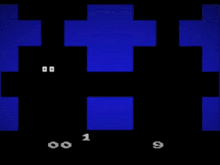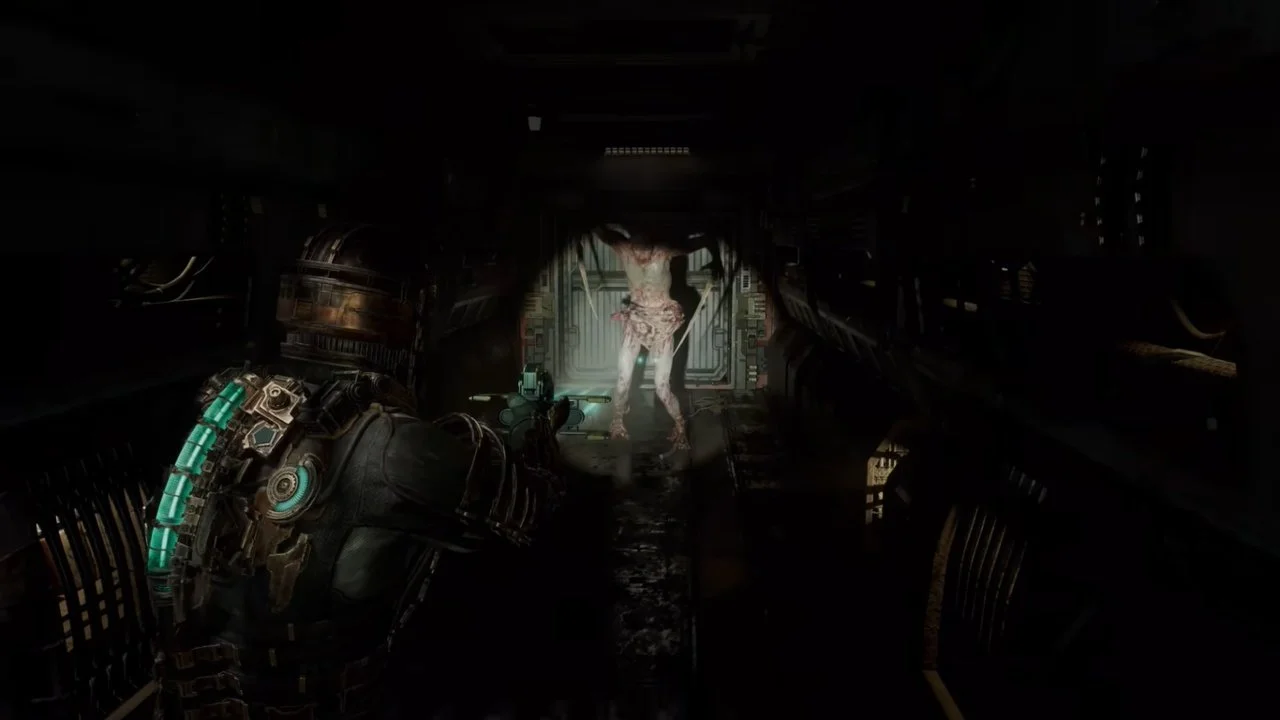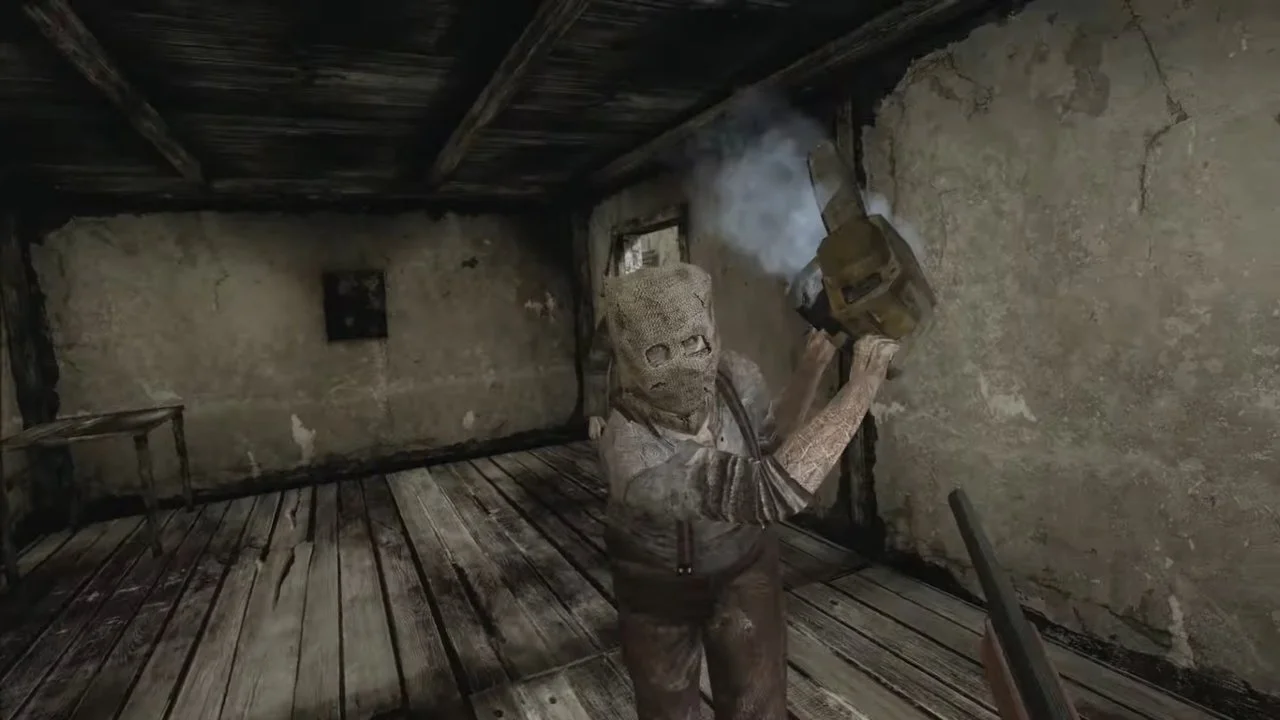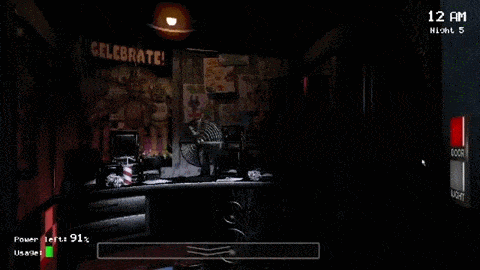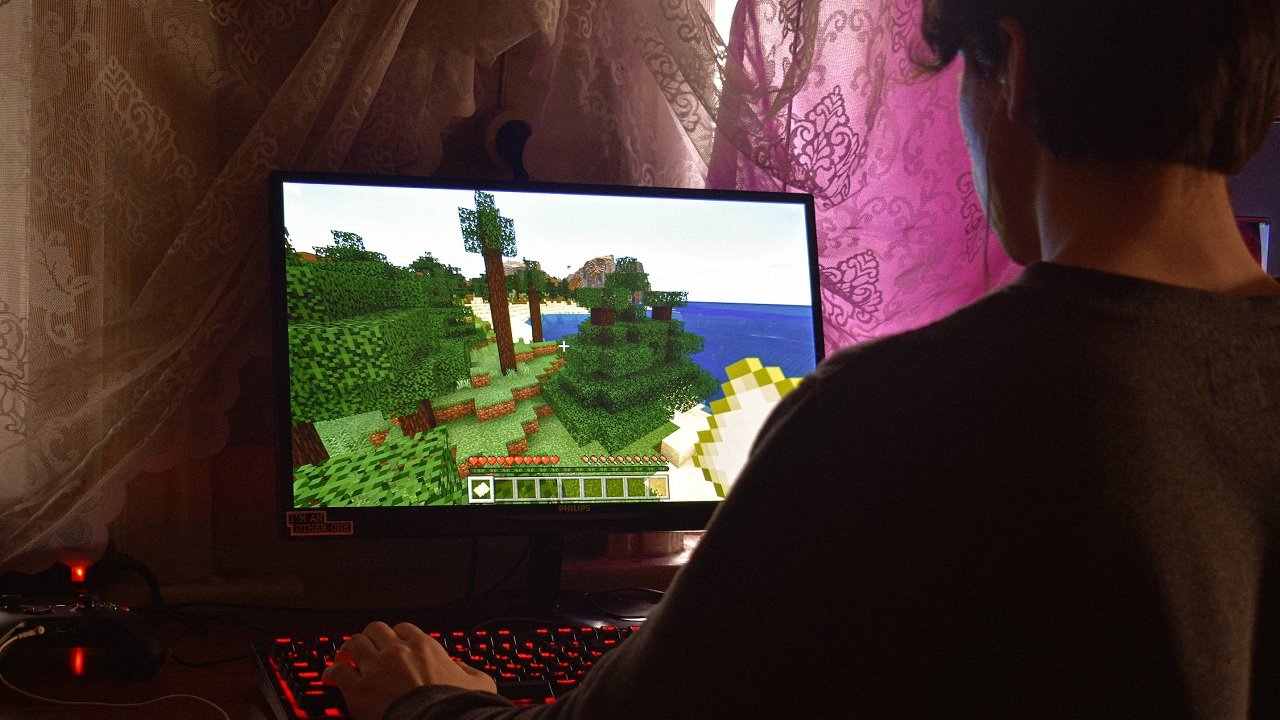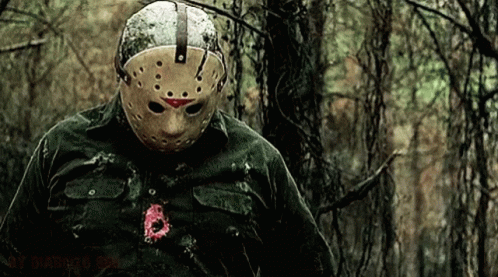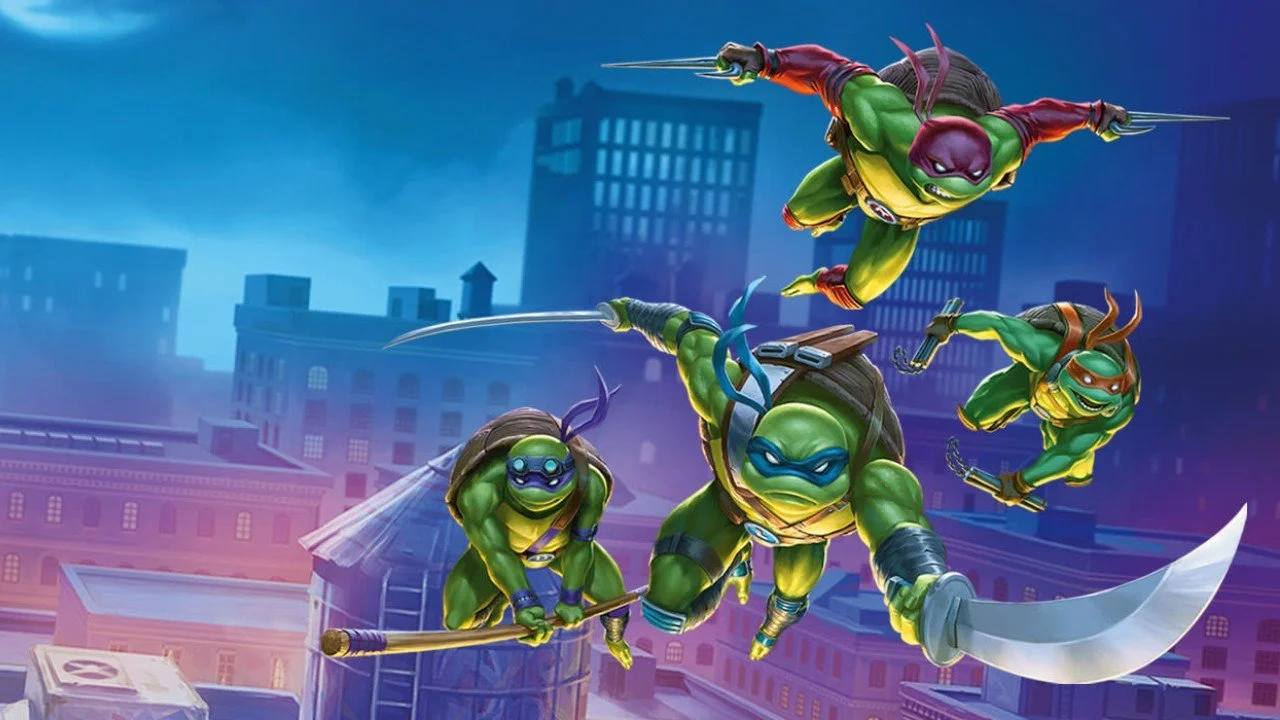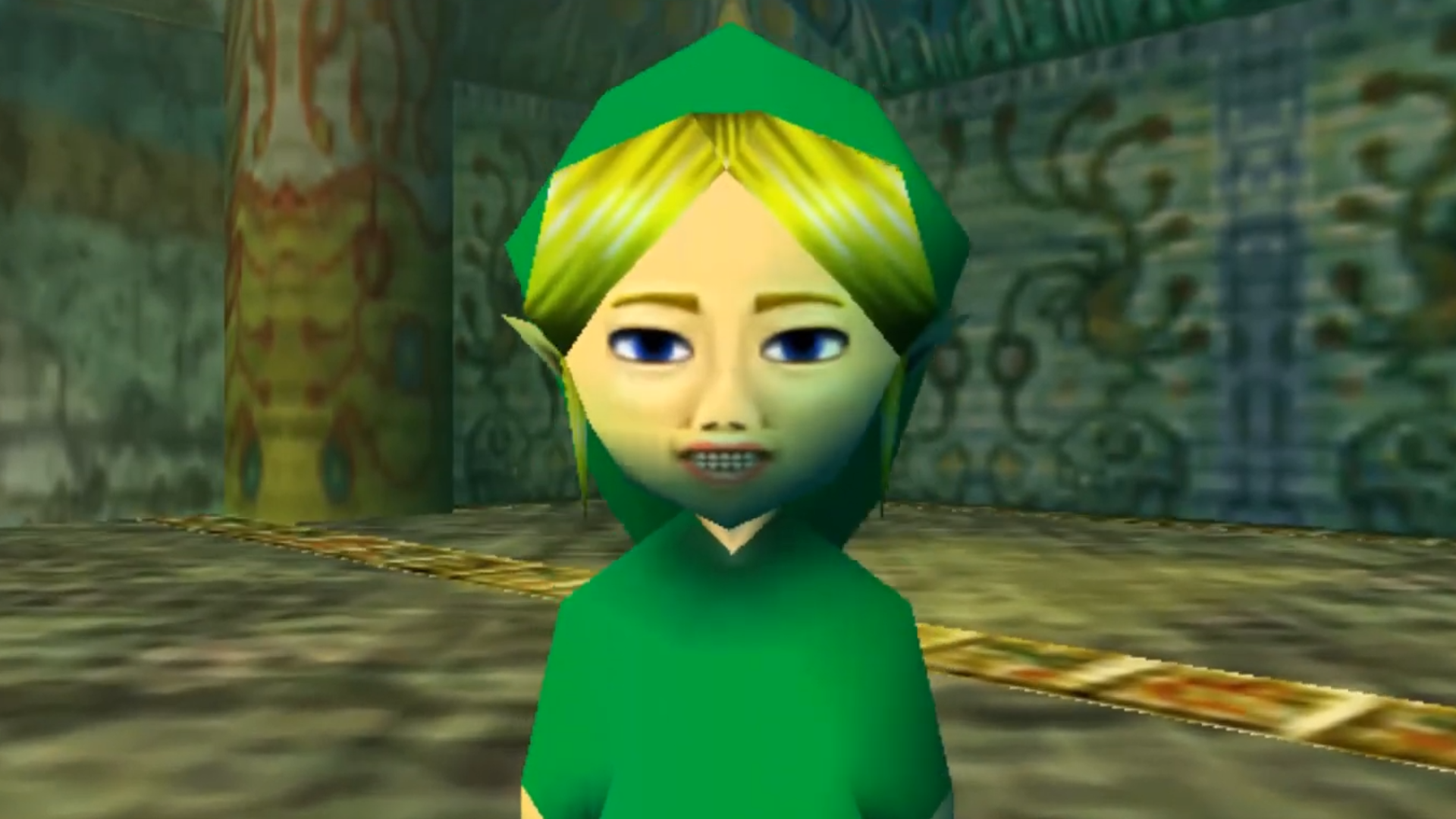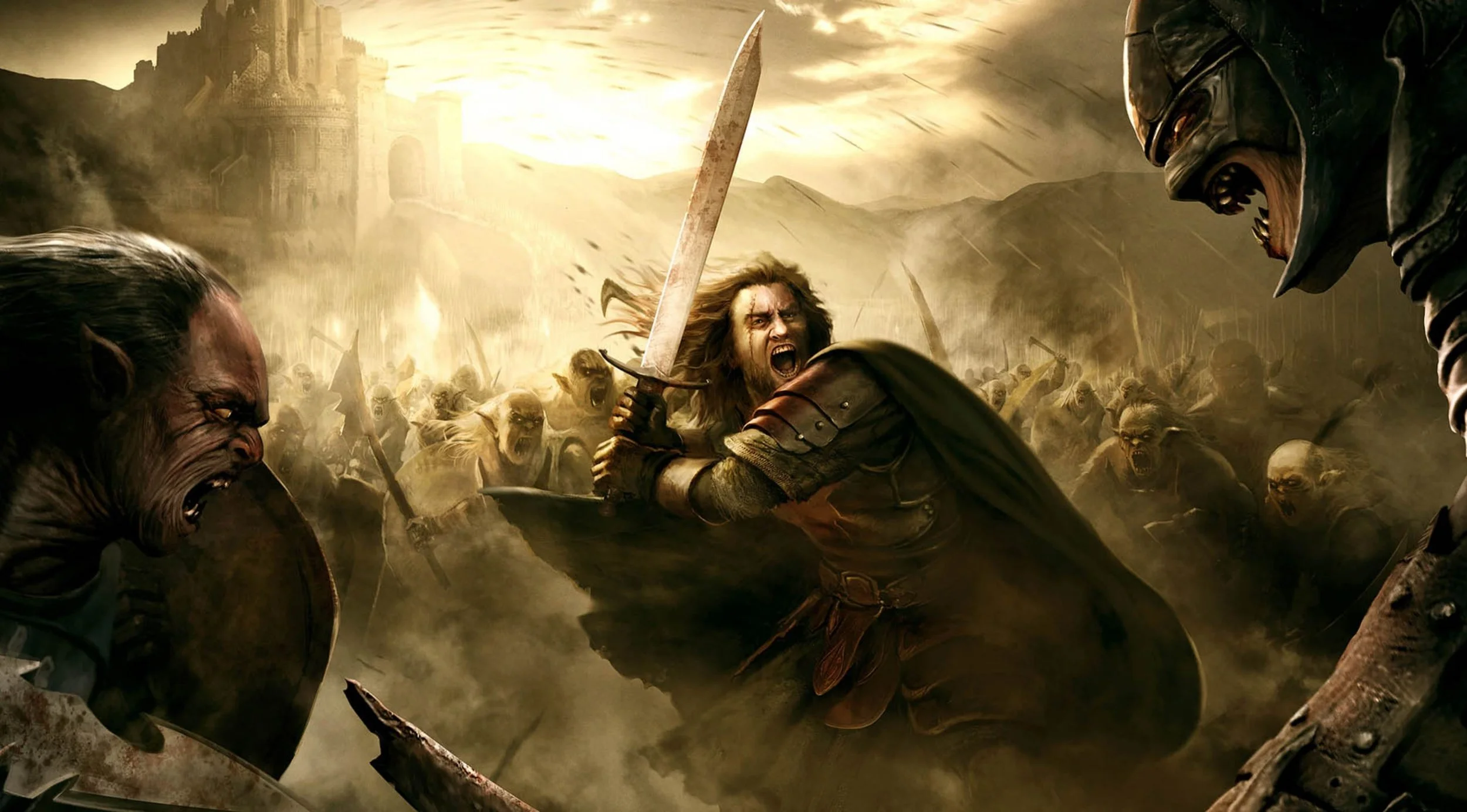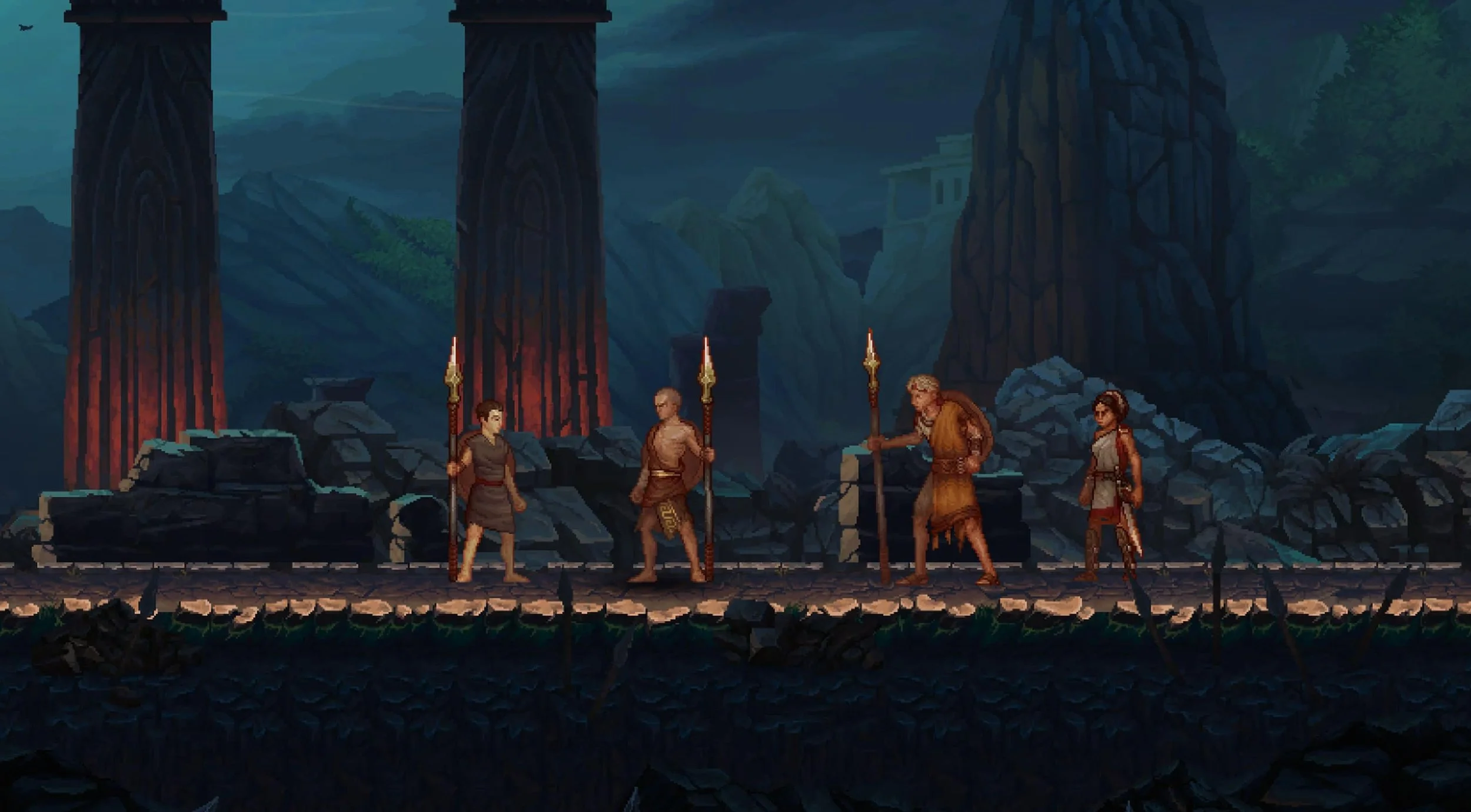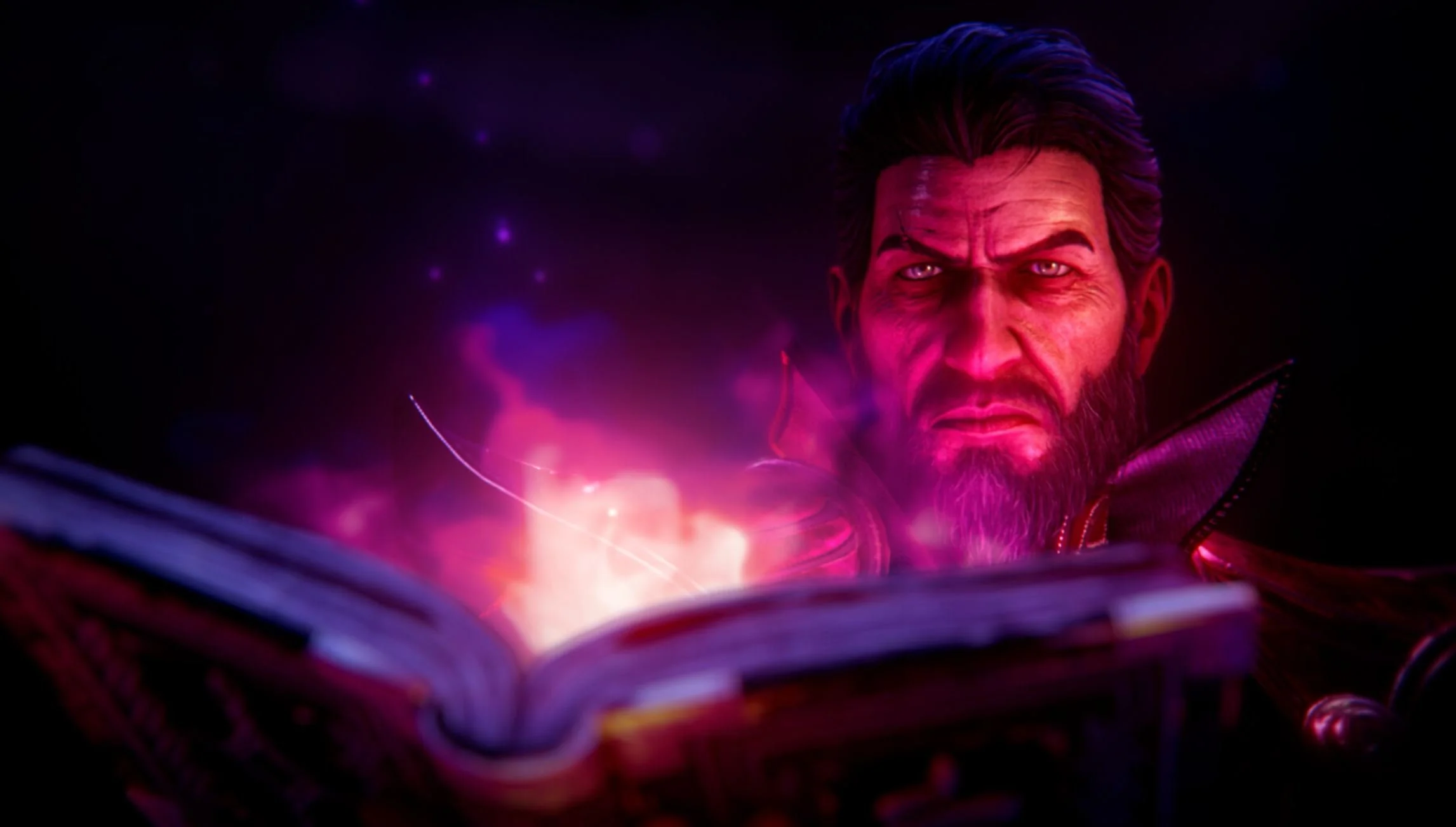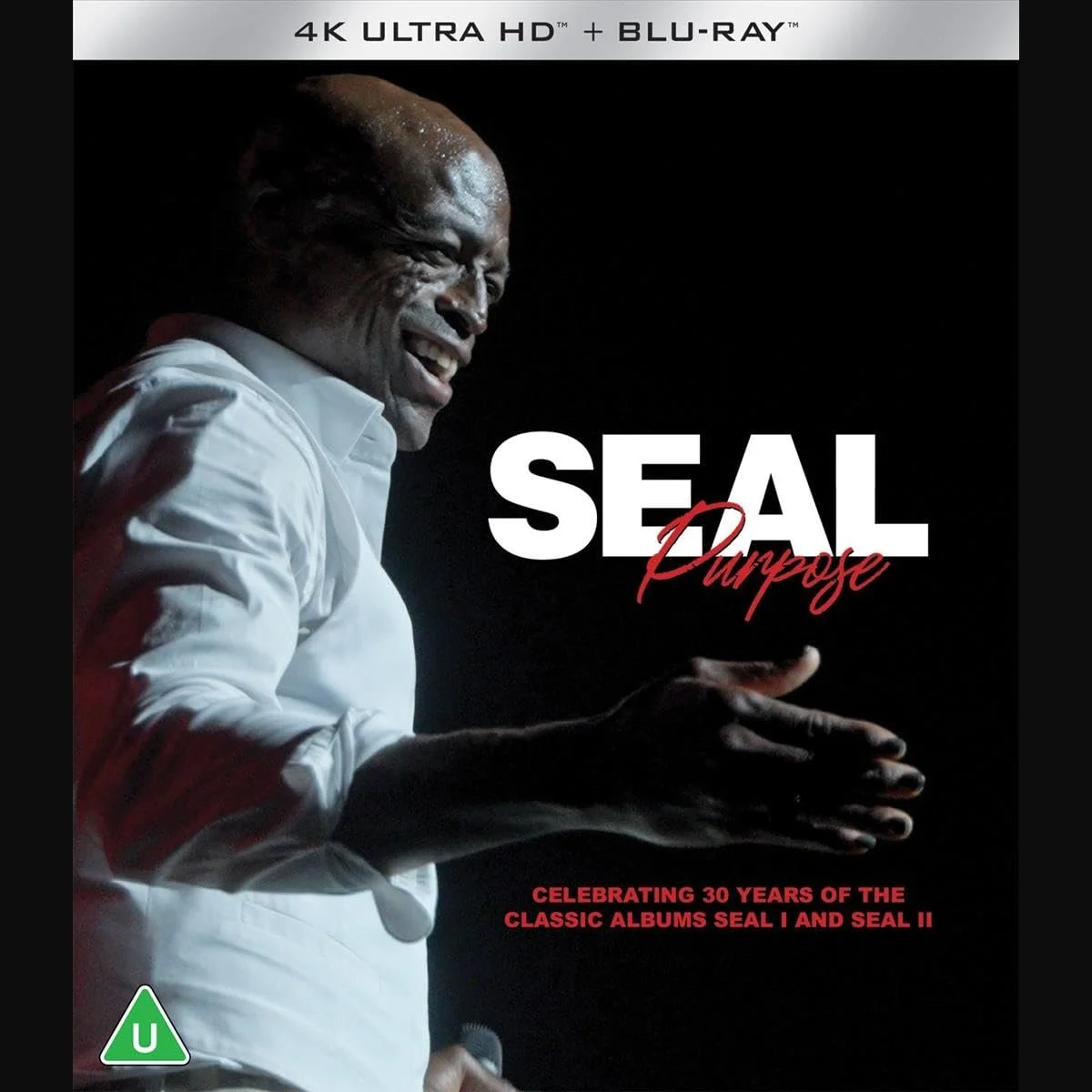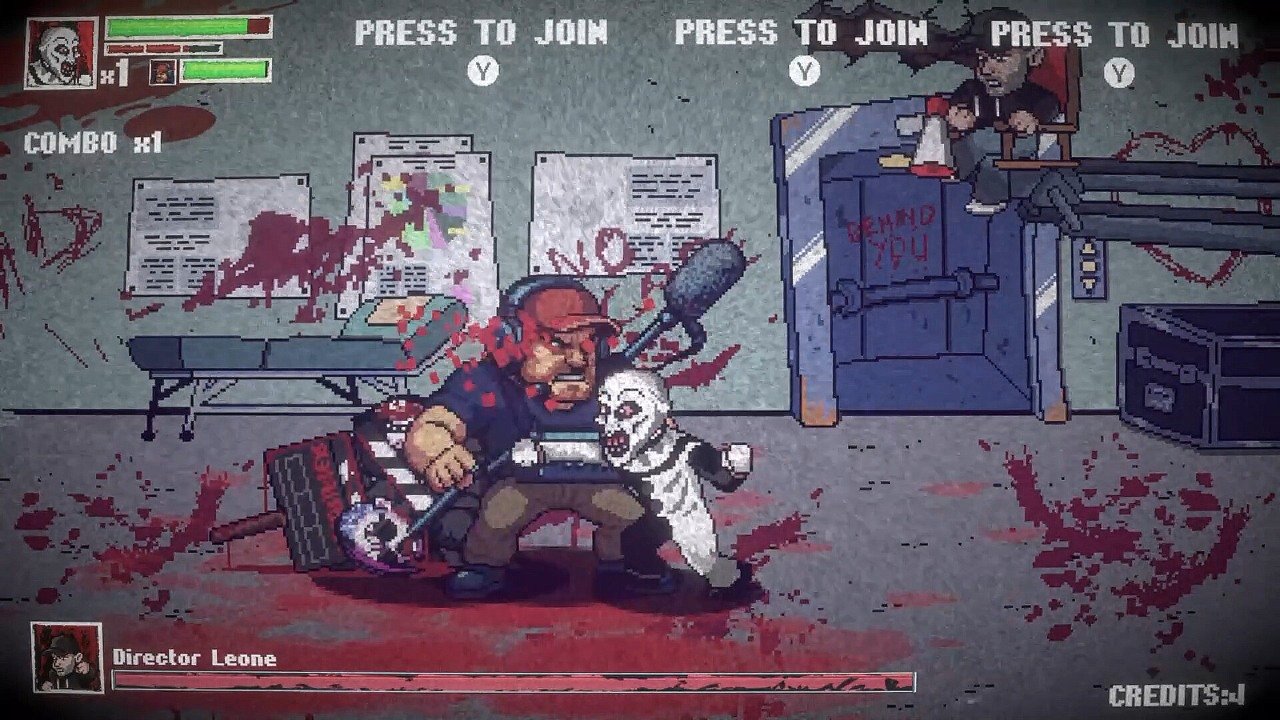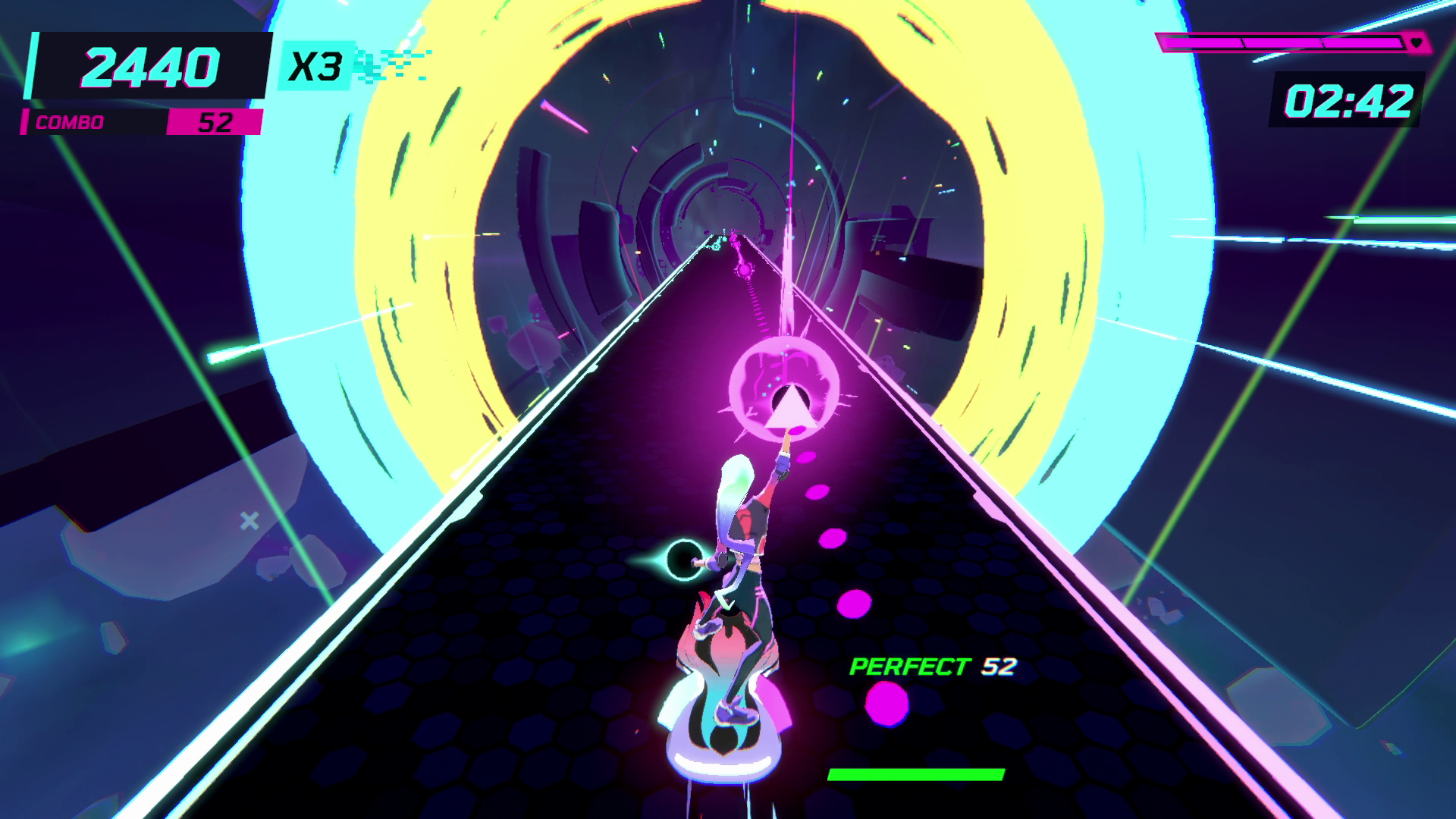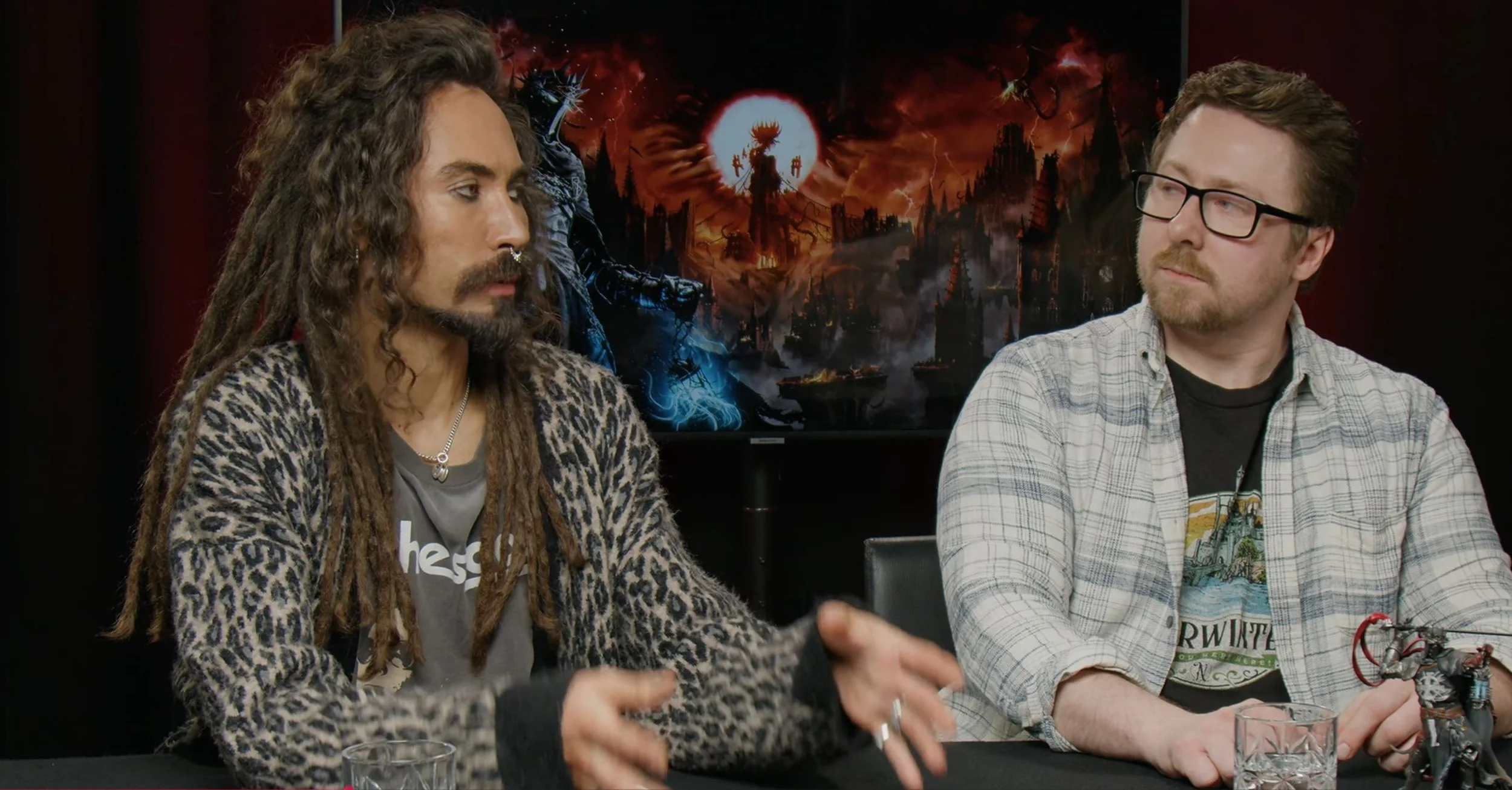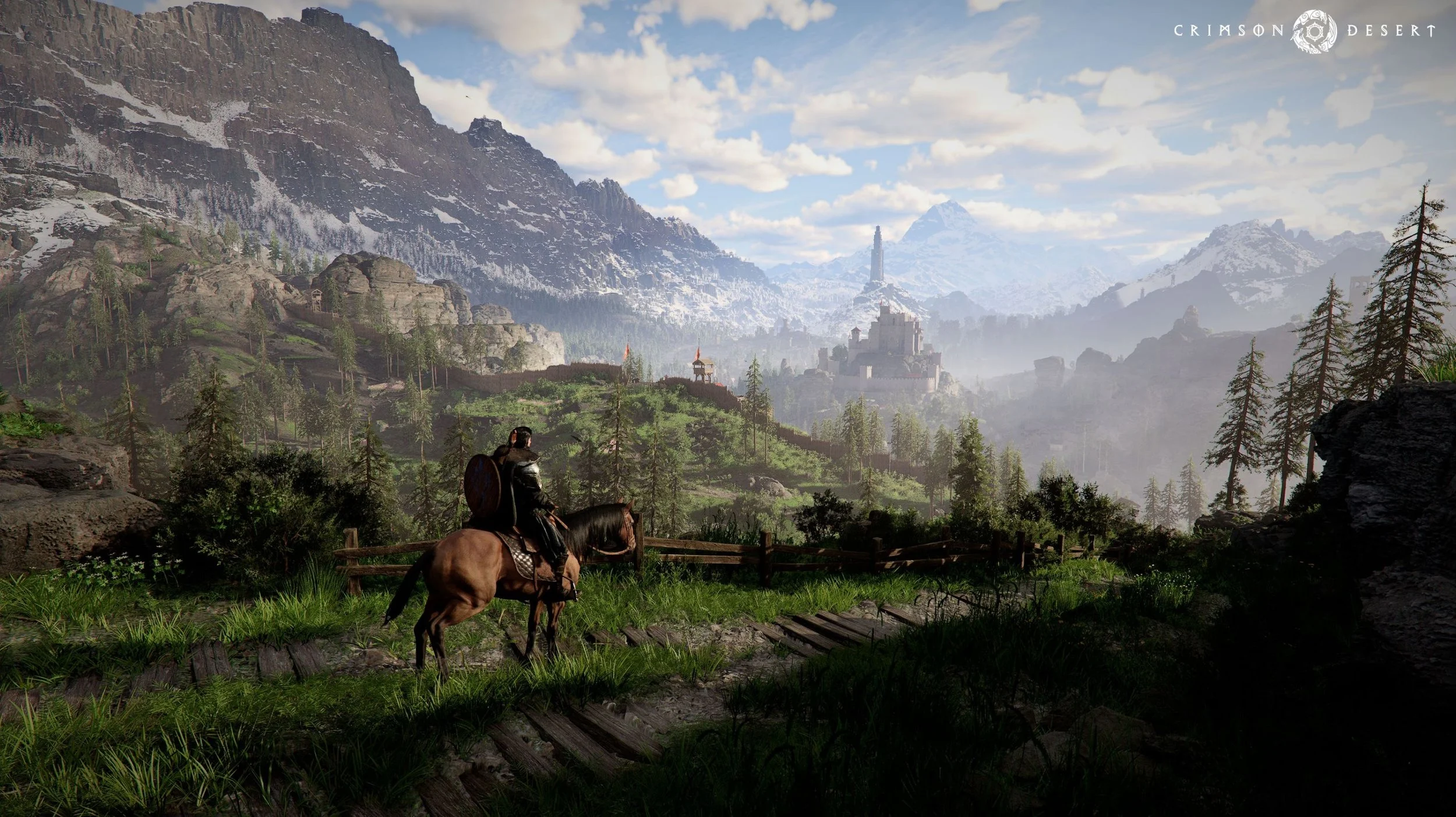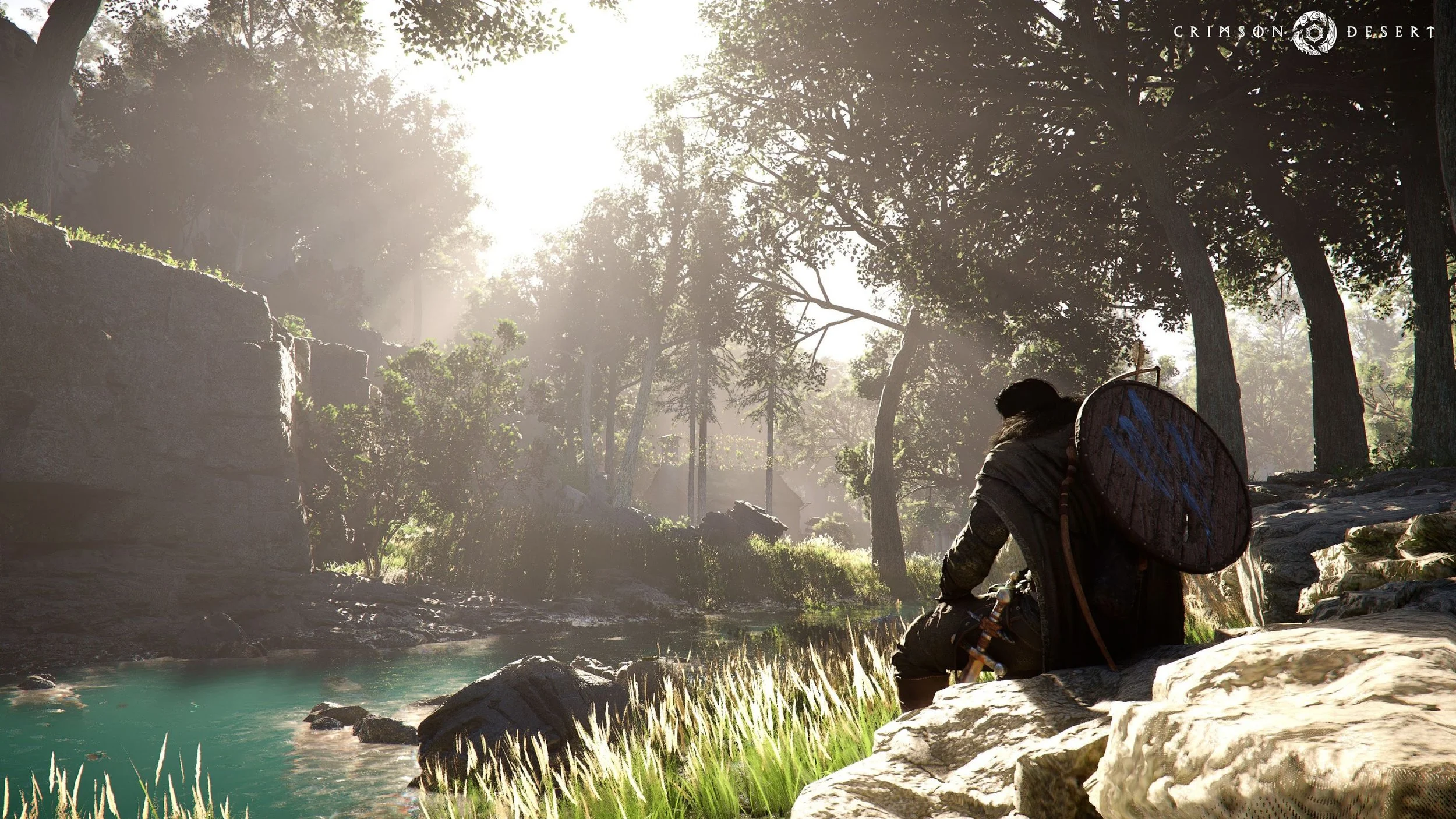The horror genre is undoubtedly one of the most fascinating genres out there, inviting boundless creativity and imagination. Some might claim they are unfazed by horror, boasting that "it wasn't even that scary," but these individuals miss the essence of horror entirely. Today, I want to express my gratitude for the horror industry by exploring its evolution and envisioning its future.
Where It Began
I'm not talking about movies here; I'm focusing specifically on gaming. Horror games had to start somewhere, and we've obviously come a long way in gaming technology. One of the earliest attempts at a horror game was Haunted House on the Atari 2600. In this simple game, players control an avatar represented by a pair of eyes roaming a dark mansion. With basic enemies like ghosts, vampire bats, and tarantulas, the goal was to explore the mansion, find pieces of an urn, and escape. Despite its simple 2D graphics, this game can be considered the grandfather of modern horror games. Today, we still encounter vampires, ghosts, and giant spiders in horror games, as well as the common objective of collecting items to solve puzzles and escape. Haunted House truly laid the foundation for what we know and love in horror gaming today.
The Sub-Genres of Horror
From its origins, horror has diversified into countless sub-genres, including survival horror, action horror, psychological horror, narrative horror, and supernatural horror, among many others. Resident Evil is a prime example of early survival horror, requiring players to manage resources to survive. Narrative horror, such as Blair Witch, connects players to a character, making them feel the character's trauma in a first-person setting. Meanwhile, Dead Space blends action and horror to create one of the most intense horror experiences.
These sub-genres expand the horizons of horror, allowing it to appeal to a wide variety of players. Without these diverse sub-genres, horror games might fall into repetitive formats, much like other genres, I’m looking at you Call of Duty. However, the broad scope of horror ensures a continuous flow of creativity, resulting in some of the best storytelling in gaming.
VR Immersion
Without a doubt, technology is evolving rapidly, and the gaming industry is booming as a result. A key part of this evolution is Virtual Reality (VR). While VR gaming has technically been around since the Nintendo Virtual Boy, it has recently seen its biggest surge in popularity and affordability with the Meta Quest platforms. VR gaming offers the most immersive experience possible, allowing players to truly become part of the game.
The essence of horror lies in its ability to immerse you completely, and VR takes this immersion to another level. In VR, you're not just playing the game—you are in it, experiencing everything from a first-person perspective. Games like Five Nights at Freddy’s: Help Wanted and Resident Evil 7 and 8 in VR place you in situations designed to make you uncomfortable, providing some of the most bone-chilling experiences imaginable. VR even brings the opportunity for brand new ideas like Nope Challenge where the game tests players for different phobias, there’s even a possiblity of exposure therapy that can be gained from experiences like this.
Now, consider the potential of mixed reality in VR. With the Meta Quest 3, players can blend the virtual and real worlds, adding a new layer of immersion. Imagine a house-scale game where you scan your house, and suddenly, your windows are portals to another dimension with zombies breaking through. This concept is already a reality in the game Drop Dead: The Cabin. That’s what I mean, a game that seems so high tech is already in grasp, it makes you wonder what the next step in horror could be.
Indie Hits
To backtrack a bit, the creativity in horror can be overwhelming, and often, highly creative games are overlooked due to the lack of big budgets that major companies have. Yes, I'm talking about indie games.
Triple-A gaming studios can produce big-budget horror games with stunning 4K graphics and A-list actors. However, these games sometimes receive more credit than they deserve, though I'm not calling out any specific titles. Some of the best horror games I've played have been low-budget or made by small teams. Little Nightmares, Darkwood, and Doki Doki Literature Club! are prime examples of outstanding horror games created by small teams, and they come highly recommended by many players. These smaller teams often have the freedom to fully realize their vision, creating the game they want to make rather than one dictated by external demands. Indie games deserve the spotlight because they almost always showcase someone's personal idea and are true passion projects.
We can't discuss indie horror games without mentioning Five Nights At Freddy’s. This series has spawned one of the largest fan bases, with comics, merchandise, and now even a movie series produced by Blumhouse, a major horror studio. While FNaF might appear to be a kids' game on the surface, the lore crafted over time is incredibly rich and should be studied by other developers. FNaF's universe is even more fleshed out than some games with pre-established lore.
Player Impact and Community
Lastly, where would horror be without its fans? FNaF owes much of its success to its dedicated fanbase. A strong community can make or break a game, especially in the horror genre. Horror games often leave players guessing, with lore bits scattered throughout, and it sometimes takes a community effort to piece together the full story. This kind of engagement keeps horror games vibrant and full of life. Without a committed community to build the world around a horror game, the game's pulse can fade, and it can become stale.
Dead By Daylight is another example of a game supported by an engaging and thoughtful team. The developers strive to provide the best experience possible, regularly refreshing the game with new chapters, killers, and survivors each month. This constant update cycle keeps the gameplay fresh, even if the core mechanics remain unchanged. The community plays a vital role here as well. I've seen countless Reddit posts, YouTube videos, and other media speculating about new content. Behaviour Interactive fuels this excitement with teasers, allowing the community to speculate and run wild with their theories about upcoming chapters.
Community is crucial in the horror gaming scene as it turns solitary fear into shared excitement. Through online forums, social media, and multiplayer modes, players connect, share strategies, and relive terrifying moments together. This camaraderie enhances the gaming experience and provides a support network, making the intense emotions of horror games more enjoyable and manageable.
The whole point of this article is to truly shine a spotlight on the horror genre and share my excitement for what’s to come. So, what’s your favorite horror game so far, and what are you most excited about?
